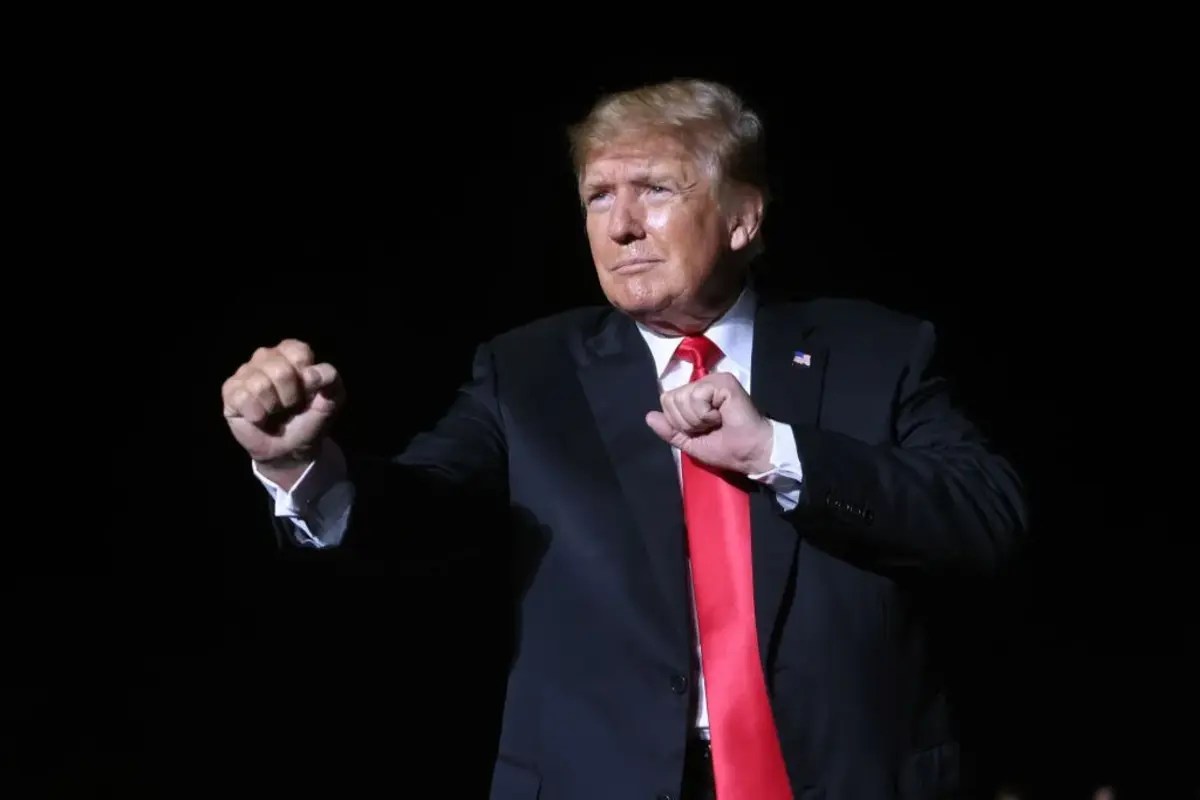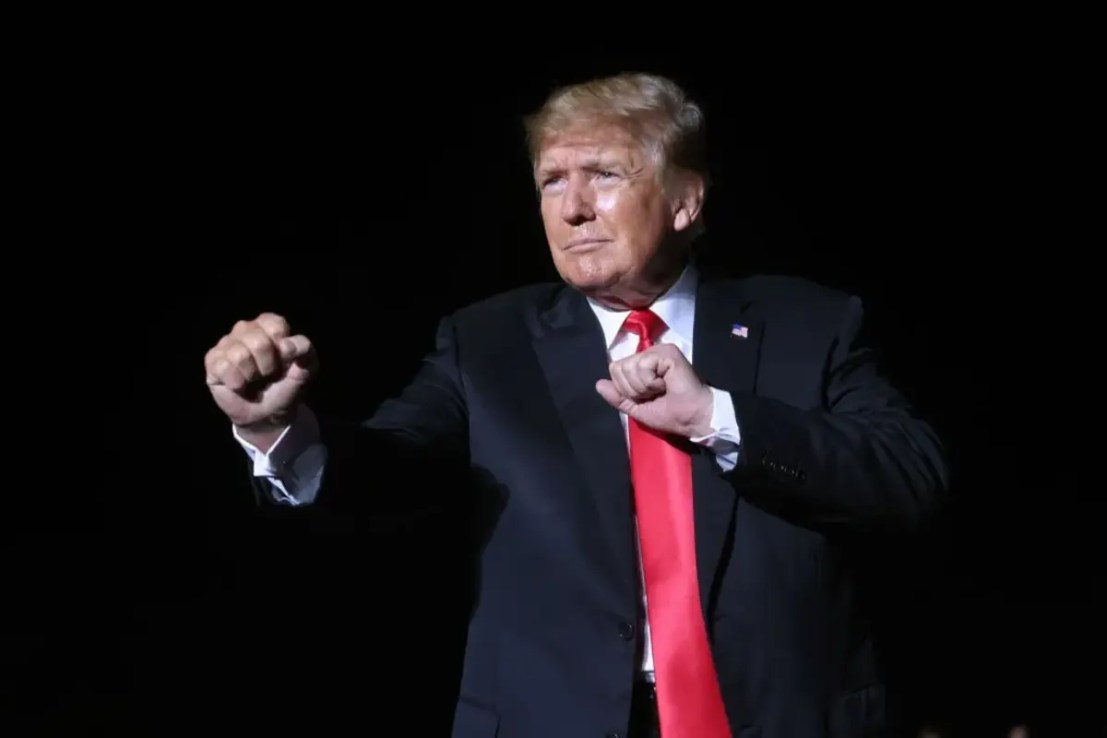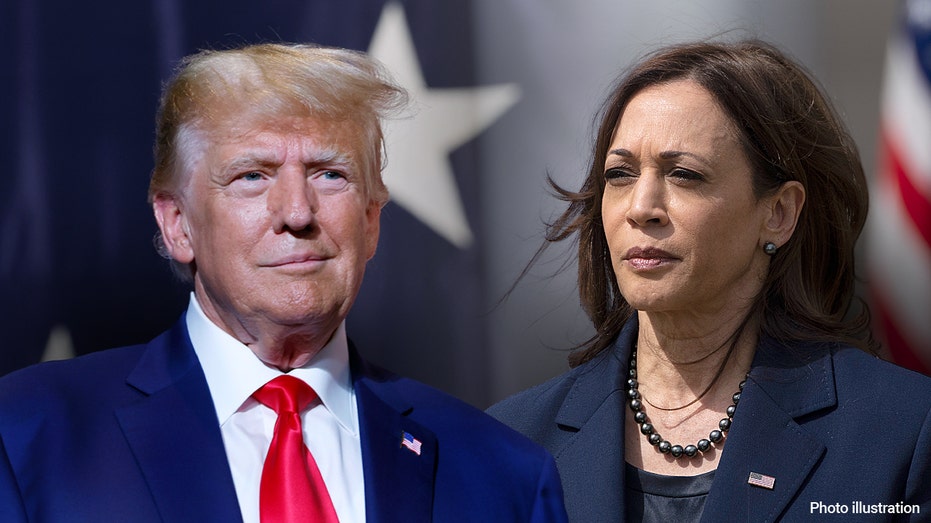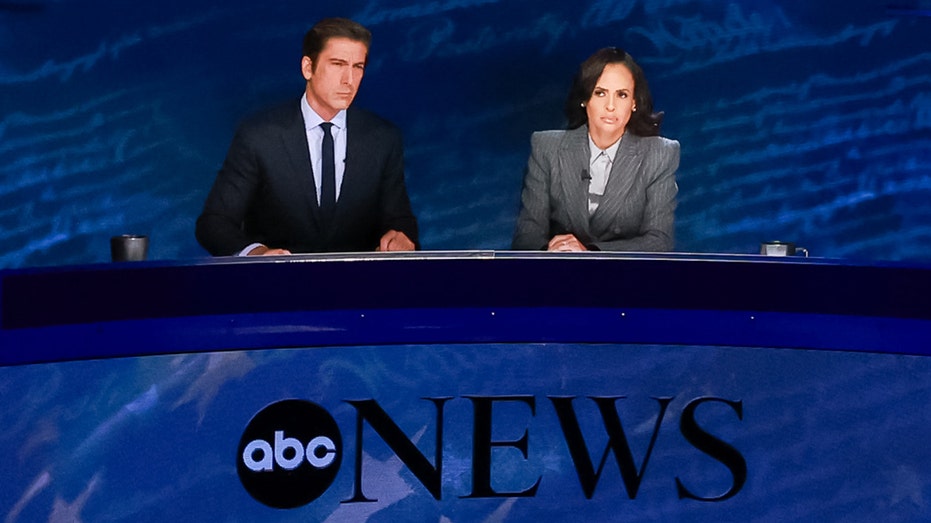FTSE 100 falls as cost of Donald Trump’s tariff plans revealed
In a post on Truth Social platform, the president-elect said he will impose a 25 per cent tariff on all goods from Canada and Mexico, higher than markets had anticipated.


The FTSE 100 joined a global market sell-off on Tuesday as investors baulked at Donald Trump’s plans to impose tariffs on the very first day of the return to the US presidency.
In a post on Truth Social platform, the president-elect said he will impose a 25 per cent tariff on all goods from Canada and Mexico, higher than markets had anticipated.
Trump also said he will impose an additional 10 per cent tariff on China until it cracks down on fentanyl smuggling.
The Canadian dollar and the Mexican peso both fell sharply following the comments, while the dollar index rose 0.2 per cent.
The comments reinforce market fears about Trump’s penchant for tariffs just days after Scott Bessant’s appointment as Treasury secretary had calmed nerves among traders.
Kathleen Brooks, research director at XTB, said that while Europe was not included for now, “there are plenty of opportunities for Trump to direct his attention to Europe down the line”.
Indexes in Europe were lower across the board, although the FTSE 100 fared the best. “The UK is expected to be shielded from the worst of Trump’s tariff plans,” Brooks noted.
The DAX in Frankfurt ended 0.6 per cent lower while the CAC In Paris was down 0.9 per cent. London’s bluechip index was trading 0.4 per cent lower at 8,258.61, following three days of consecutive rises.
Mohit Kumar, an economist at Jefferies, said that markets were fearful that tariffs would slow growth and drive up inflation around the world.
“Our view remains that tariffs will eventually not end up as bad as feared, but we will see increased uncertainty over the coming months,” he said.
“Waking up to check the tweets for any policy announcements could become the norm. Tariffs will further support the view of US over rest of the world from an investment perspective.”
Trump’s comments come as new research from ING detailed the potential impact of his tariff plans on US consumers.
Although tariffs will raise money for the Treasury, the costs have to be borne by US firms or consumers.
The Dutch bank’s analysis suggests that US consumers will face an annual bill of $2,400 if the cost of tariffs was fully passed on.
“This potential increase in consumer costs and inflation could have widespread economic implications, particularly in an economy where consumer spending accounts for 70 per cent of all activity,” James Knightley, chief international economist at ING said.



